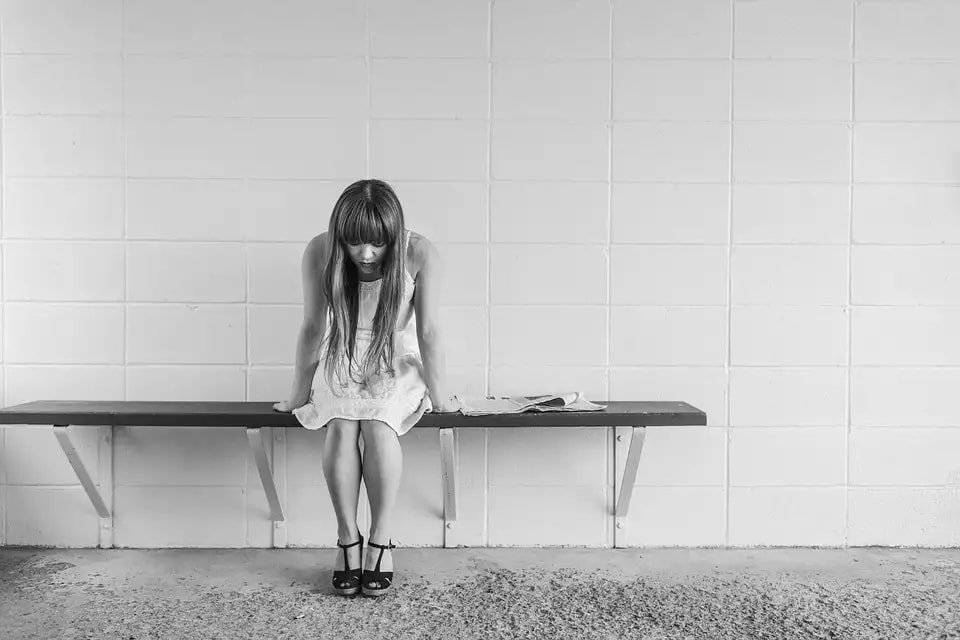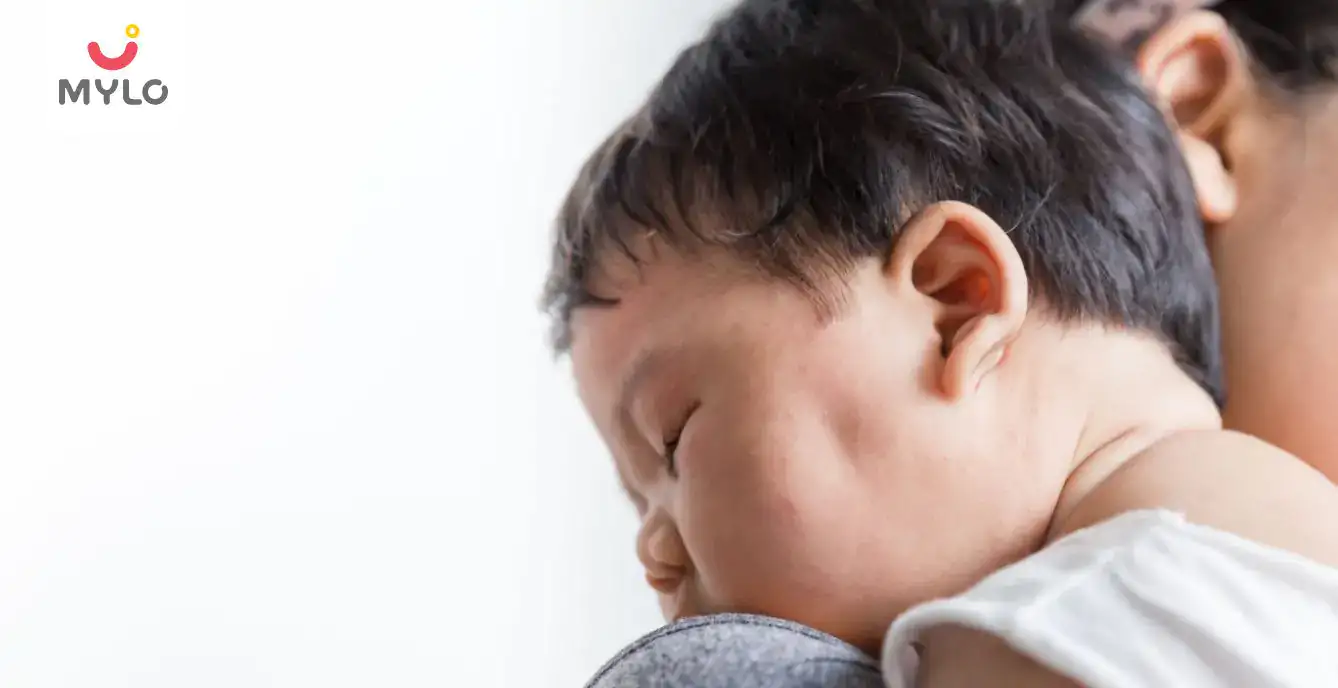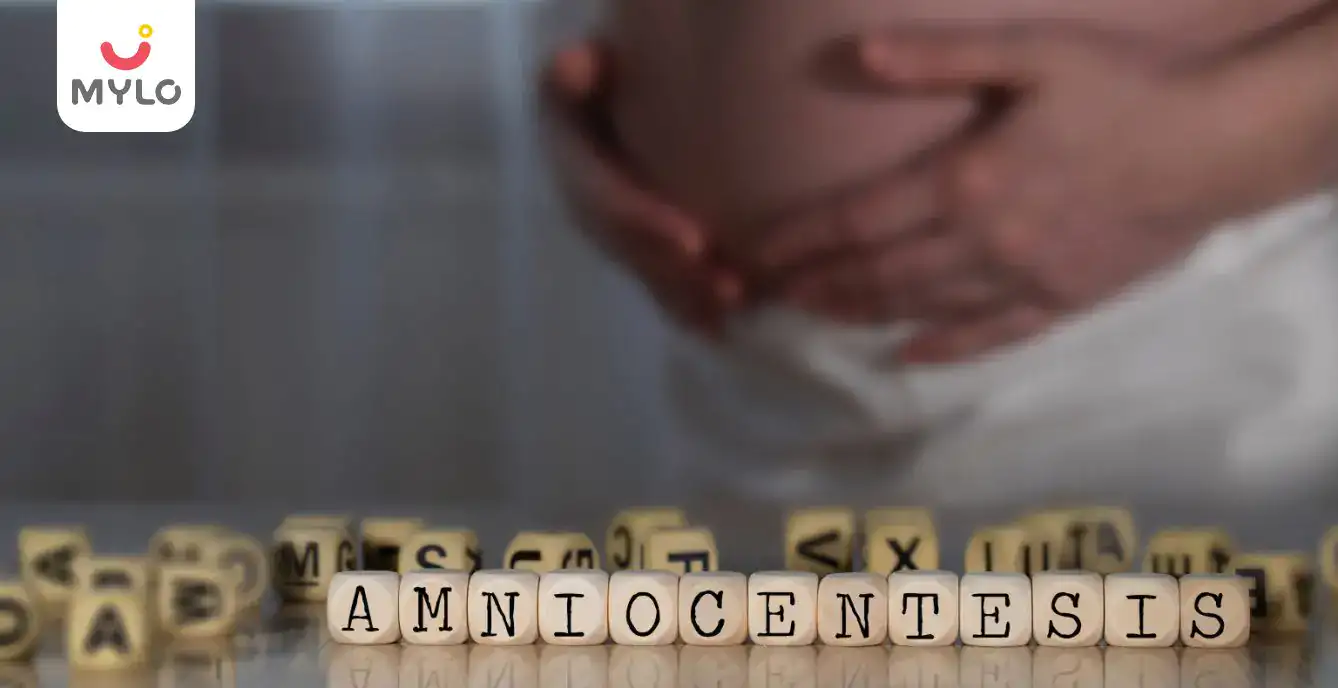Home

What is the reason behind Depression amongst few Expected Mothers?
In this Article

Pregnancy
What is the reason behind Depression amongst few Expected Mothers?
Updated on 30 March 2023
Mona had always dreamed of starting a family with her husband, Alex. When she found out she was pregnant, she was over the moon with excitement. But Mona began to feel increasingly disconnected from her pregnancy as the weeks passed. She couldn't muster the energy to decorate the nursery or even think about baby names.
As her pregnancy progressed, Mona's feelings of emptiness only deepened. She found herself withdrawing from her loved ones and struggling to get out of bed in the morning. Her once-healthy appetite disappeared, and she lost weight.
Despite her husband's best efforts to support her, Mona couldn't shake the feeling that something was wrong with her. She knew pregnancy was supposed to be a joyful time, but she couldn't find any joy in it.
It wasn't until Mona's midwife noticed the signs of Depression during a routine checkup that she realized what was happening. With the help of her healthcare provider, Mona began receiving treatment for Depression.
It wasn't an easy road, but eventually, Mona began to feel like herself again. She connected with other women who had experienced Depression during pregnancy and found comfort in their shared experiences. And when her baby finally arrived, Mona felt a love she had never known.
Mona's story is a reminder that Depression during pregnancy is more common than people think. Pregnant women need to be open and honest about their mental health to get the support they need to navigate this challenging time.
Reason behind Depression among pregnant ladies
Depression among pregnant women can have multiple causes, including:
-
Hormonal changes: Fluctuations in hormones, particularly estrogen and progesterone, during pregnancy can affect a woman's mood and increase the risk of Depression.
-
Personal or family history of Depression: Women with a history of Depression, anxiety, or other mental health conditions are more likely to experience Depression during pregnancy.
-
Stressful life events: Pregnancy can be a stressful time, and women who experience significant life events, such as the loss of a loved one, a job change, or financial difficulties, may be more susceptible to Depression.
-
Relationship issues: Conflict with a partner or family member can contribute to Depression during pregnancy.
-
Lack of social support: Women who feel isolated or lack social support during pregnancy may be more likely to experience Depression.
Symptoms of depression during pregnancy
Depression during pregnancy can manifest in different ways for different women, but some common symptoms include:
-
Persistent feelings of sadness, hopelessness, or helplessness
-
Loss of interest in activities that were once enjoyable
-
Changes in appetite or weight, such as significant weight loss or gain
-
Difficulty sleeping or sleeping too much
-
Fatigue or low energy
-
Difficulty concentrating or making decisions
-
Feelings of guilt or worthlessness
-
Thoughts of self-harm or suicide
-
Irritability or anger
-
Anxiety or panic attacks
It's important to note that experiencing some of these symptoms during pregnancy is not uncommon. However, if these symptoms persist and interfere with daily functioning, seeking help from a healthcare provider or mental health professional is recommended. Depression during pregnancy can be effectively treated, and seeking help early on can improve outcomes for both the mother and baby.
How to manage Depression during pregnancy
Managing Depression during pregnancy is crucial for the mother and baby's health and well-being. Here are some tips for managing Depression during pregnancy:
-
Seek professional help: Speak with your healthcare provider or a mental health professional. They can help you manage your symptoms and provide appropriate treatment options, such as therapy or medication.
-
Stay active: Engage in physical activity, such as walking or prenatal yoga. Exercise can help boost your mood and reduce stress levels.
-
Eat a healthy diet: Eating a balanced diet with plenty of fruits, vegetables, whole grains, and lean protein can help improve your mood and energy levels. You can also enroll in Mylo's Pregnancy Nutrition Plan to eat healthy and also receive emotional counselling for optimum mental health.
-
Get enough rest: Make sure you're getting enough sleep each night. Aim for seven to eight hours of sleep per night and take naps if needed.
-
Practice stress reduction techniques: Techniques such as deep breathing, mindfulness, and meditation can help reduce stress and promote relaxation.
-
Build a support network: Reach out to family and friends for emotional support. Joining a support group for pregnant women can also be helpful.
-
Take time for self-care: Make time for activities that bring you joy and help you relax, such as reading, bathing, or massage.
Remember, it's crucial to prioritize your mental health during pregnancy. Seeking help and support, staying active and healthy, and taking care of yourself can help manage Depression and promote a healthy pregnancy.



Written by
Ravish Goyal
Official account of Mylo Editor
Read MoreGet baby's diet chart, and growth tips

Related Articles
Related Questions
Hello frnds..still no pain...doctor said head fix nhi hua hai..bt vagina me pain hai aur back pain bhi... anyone having same issues??

Kon kon c chije aisi hai jo pregnancy mei gas acidity jalan karti hain... Koi btayega plz bcz mujhe aksar khane ke baad hi samagh aata hai ki is chij se gas acidity jalan ho gyi hai. Please share your knowledge

I am 13 week pregnancy. Anyone having Storione-xt tablet. It better to have morning or night ???

Hlo to be moms....i hv a query...in my 9.5 wk i feel body joint pain like in ankle, knee, wrist, shoulder, toes....pain intensity is high...i cnt sleep....what should i do pls help....cn i cosult my doc.

Influenza and boostrix injection kisiko laga hai kya 8 month pregnancy me and q lagta hai ye plz reply me

Related Topics
RECENTLY PUBLISHED ARTICLES
our most recent articles

Exercise & Fitness
Effective Post Pregnancy Weight Loss Exercises to Get Back in Shape

Weight Loss
Dieting Postpartum: 7 Safe Ways to Lose Baby Weight After Pregnancy

Urinary Tract Infections (UTI)
Cranberry Juice For Urine Infection Myths & Tips

Illnesses & Infections
Dengue During Pregnancy: Causes, Symptoms, Risks & Treatment

Illnesses & Infections
Heat Rash in Babies: Symptoms, Risks & Treatments

Scans & Tests
Amniocentesis: Meaning, Risks & Results
- Umbilical Cord: Risks, Benefits & Recovery
- Stretch Marks Removal: Tips & Remedies
- How Can Dads Calm A Fussy Toddler
- How to prepare your older child for a new baby
- 5 Financial Moves You Must Make Before Your Baby Arrives
- Daddy-Baby bonding from Pregnancy to Childbirth: Top 7 tips for you
- How to prepare your child for pre-school
- I am pregnant, can I still breastfeed my toddler?
- My toddler has bad breath. what should I do?
- When will my toddler learn how to scribble or draw?
- Can loud volume affect my toddler's ears?
- Running & Jumping Milestones for your toddler
- Activities to keep an active toddler occupied at home
- Girls' growth chart: 24 to 36 months


AWARDS AND RECOGNITION

Mylo wins Forbes D2C Disruptor award

Mylo wins The Economic Times Promising Brands 2022
AS SEEN IN
















- Mylo Care: Effective and science-backed personal care and wellness solutions for a joyful you.
- Mylo Baby: Science-backed, gentle and effective personal care & hygiene range for your little one.
- Mylo Community: Trusted and empathetic community of 10mn+ parents and experts.
Product Categories
baby carrier | baby soap | baby wipes | stretch marks cream | baby cream | baby shampoo | baby massage oil | baby hair oil | stretch marks oil | baby body wash | baby powder | baby lotion | diaper rash cream | newborn diapers | teether | baby kajal | baby diapers | cloth diapers |




